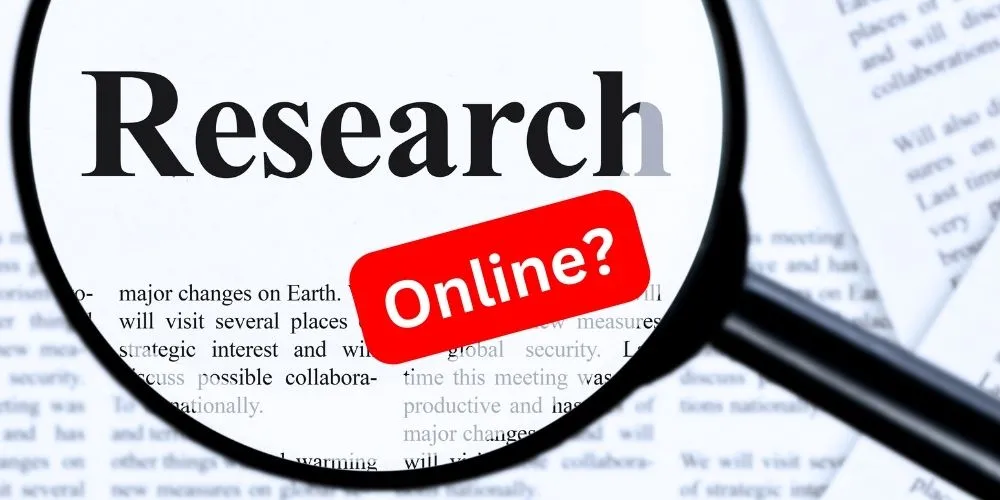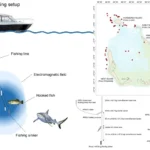Key Points:
- Study finds that over a quarter of scholarly articles with DOIs are not archived in major digital repositories.
- There are growing concerns about the reliability and efficiency of endeavors to preserve digital information.
- Preservation specialists emphasize the challenges faced by e-journals in maintaining long-term access to their content.
- Financial constraints pose a significant barrier to digital preservation, especially for smaller publishers.
A recent study published in the Journal of Librarianship and Scholarly Communication sheds light on trends in preserving scholarly articles in digital repositories. Martin Eve, a researcher at Birkbeck, University of London, and also affiliated with Crossref, the largest DOI registration agency, conducted the study, which analyzed over seven million digital publications.
Eve’s research focused on articles labeled with digital object identifiers (DOIs), unique identifiers used to link to specific publications. Despite the widespread use of DOIs, the study found that more than a quarter of the sampled articles were not archived in any major digital repository, highlighting significant gaps in preservation efforts.
Of the sampled DOIs, representing a random selection from various member organizations, only 58% were linked to articles stored in at least one archive. This discrepancy raises concerns about the reliability of digital archives and their ability to keep pace with the growing volume of research output.
While the study has limitations, including its focus on articles with DOIs and its exclusion of certain publications, preservation specialists have acknowledged its significance. William Kilbride, managing director of the Digital Preservation Coalition, emphasized the challenge e-journals face in ensuring the long-term preservation of their content.
Mikael Laakso, from the Hanken School of Economics, cautioned against the assumption that DOIs guarantee perpetual access to articles, citing previous research showing the disappearance of numerous open-access journals over the years.
Kate Wittenberg, managing director of the digital archiving service Portico, highlighted smaller publishers’ financial constraints in maintaining digital archives, underscoring the need for greater support and resources in this area.
Eve’s study proposes several measures to improve digital preservation practices, including enhanced requirements at DOI registration agencies and increased awareness among publishers and researchers about the importance of long-term sustainability in the research ecosystem.
Ultimately, the study underscores the critical role of digital preservation in maintaining the integrity and accessibility of scholarly literature for future generations. As Eve aptly puts it, ensuring that research remains accessible long after publication is essential for advancing knowledge and scholarship.





